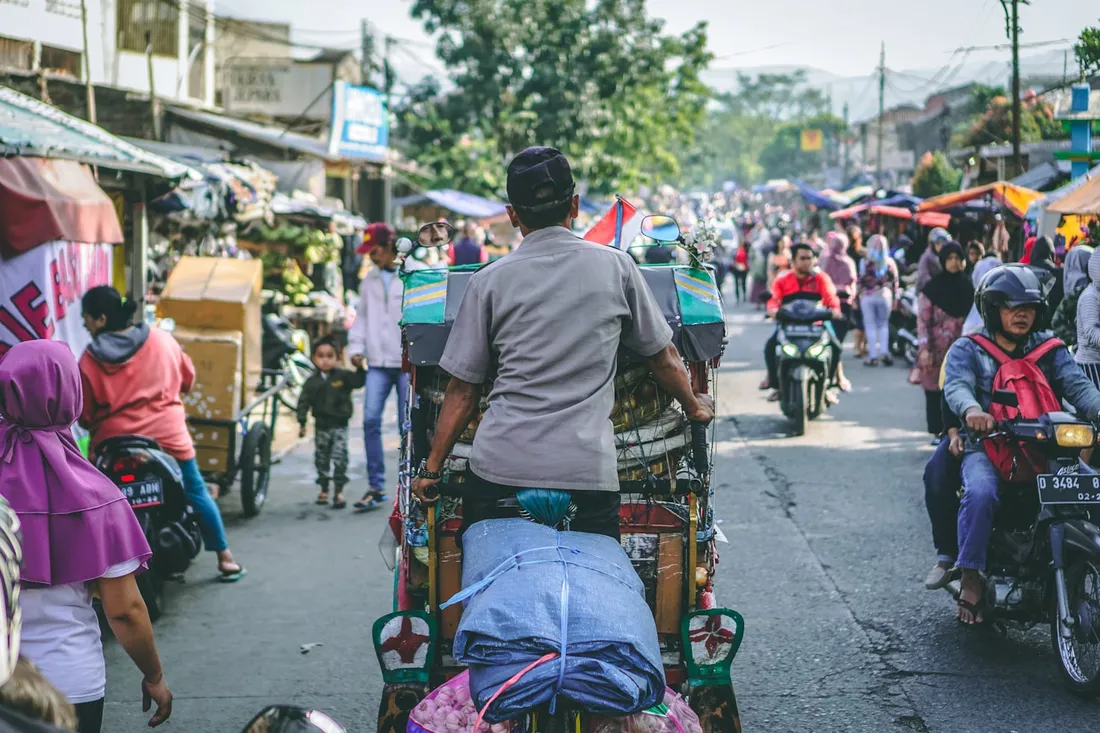
The Asian Development Bank (ADB) has entered into a significant partnership with TBS (PT TBS Energi Utama) aimed at enhancing sustainable transportation in Indonesia. This collaboration is designed to bolster the supply of electric motorcycles and establish a comprehensive battery swapping network across the country. The initiative represents a critical step towards reducing urban pollution and promoting low-carbon transport solutions in Indonesia.
The funding comprises a $5 million ADB loan and another $5 million from the Australian Climate Finance Partnership (ACFP), administered by ADB. The funding will support investments by TBS in PT Energi Kreasi Bersama (Electrum) for procuring e-motorcycles and installing a network of BSS, which will reduce annual greenhouse gas emissions by at least 123,000 tons. ADB is joined by DBS Indonesia as a parallel lender.
Key Components of the Initiative
- Electric Motorcycles: The agreement facilitates the procurement of electric motorcycles, which are essential for reducing reliance on fossil fuel-powered vehicles.
- Battery Swapping Infrastructure: ADB and TBS will work together to install a network of battery swapping stations, making it easier for users to recharge their vehicles quickly and efficiently.
- Environmental Impact: This initiative is expected to significantly lower greenhouse gas emissions associated with urban transportation, contributing to Indonesia's climate goals.
The Context of Sustainable Transportation in Indonesia
Indonesia faces considerable challenges regarding urban mobility, with rapid motorization leading to increased congestion and pollution. According to ADB's projections, vehicle numbers in Indonesia are expected to double by 2035, exacerbating environmental issues. The transport sector currently accounts for approximately 23% of the nation's energy-related CO2 emissions, highlighting an urgent need for sustainable alternatives.
The Indonesian government has committed to reducing greenhouse gas emissions by 26% by 2020, with potential increases to 41% with international support. This partnership aligns with these national objectives by promoting cleaner transportation options.
Expected Outcomes
- GHG Mitigation: The project aims to reduce greenhouse gas emissions by up to 1.7 million tons per year in urban areas by 2030.
- Investment Attraction: The initiative is expected to leverage significant private and public investments in sustainable transport infrastructure.
- Enhanced Public Transport: By increasing the availability of electric motorcycles and battery swapping stations, public transport systems will become more efficient and user-friendly.
The Role of ADB in Sustainable Development
The ADB has been at the forefront of promoting sustainable transport solutions across Asia. With a strategic focus on reducing energy consumption and supporting zero-emission transport systems, ADB’s efforts are crucial for developing integrated transport networks that prioritize public transit, cycling, and walking.
This partnership with TBS is part of a broader strategy under ADB's Strategy 2030 framework, which emphasizes sustainable development as a key operational priority. ADB aims to invest $1.7 trillion annually until 2030 across various sectors, with a significant portion allocated for transport infrastructure improvements.







